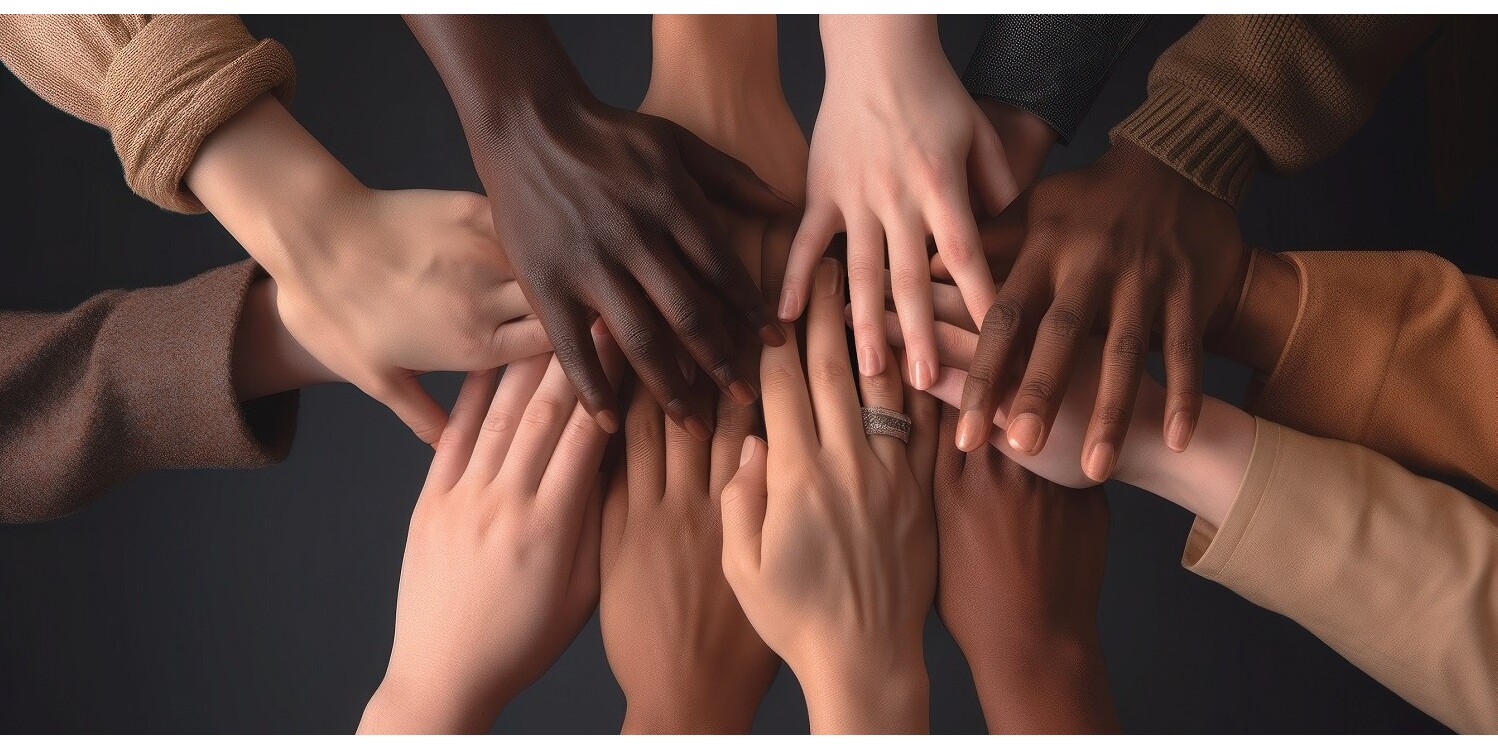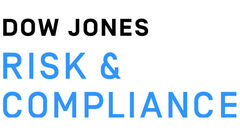
The EUs new supply chain law – what you should know
On April 24, 2024, the European Parliament formally adopted the Corporate Sustainability Due Diligence Directive (CSDDD or CS3D). Here are some fast facts.

On April 24, 2024, the European Parliament formally adopted the Corporate Sustainability Due Diligence Directive (CSDDD or CS3D). Here are some fast facts.
The directive on human rights and environment will apply to EU and Non-EU companies and parent companies with over 1.000 employees and a turnover of more than 450 million Euro. It will also apply to companies with franchising or licensing agreements in the EU ensuring a common corporate identity with worldwide turnover higher than 80 million Euro.
The CSDDD now needs to be formally endorsed by the Council, signed and published in the EU Official Journal. Twenty days later it will enter into force and member states will have two years to transpose the new rules into their national laws.
The EU has adopted a phased-in approach for the CSDDD:
The new rules oblige companies to mitigate their negative impact on human rights and the environment. Companies have to integrate due diligence into their policies, make related investments, seek contractual assurances from their partners, improve their business plan or provide support to small and medium-sized business partners to ensure they comply with new obligations.
Go to the Directive on Corporate Sustainability Due Diligence (accepted proposal)

Bans on indirect provisions? PEP List? Adverse Media? Comprehensive security for your transactions with AEB software and extended content from Dow Jones.
The due diligence obligations enshrined in the law draw attention to the origin of materials and products. Pioneers for certificates of origin can be found in the 2003 Kimberley Process for diamonds. Proofs must also be provided for the conflict minerals gold, tin, tantalum, and tungsten – this has been mandatory in the EU since January 1, 2021.
Furthermore, individual states in Europe have passed laws against child labor and human rights violations. For example, back in 2015, the British Parliament passed the Modern Slavery Act against modern forms of slave labor and against forced labor. In the Netherlands, the Child Labor Due Diligence Law applies, and in France, the Loi de vigilance sets out corporate human rights due diligence requirements for larger companies along the supply chain.
In short: The CSDDD completes other more specific due diligence obligations introduced under the EU’s Conflict Minerals Regulation, the EU’s Deforestation Regulation and the new procedures companies will have to adopt to ensure compliance with the EU’s ban on products made with forced labour.